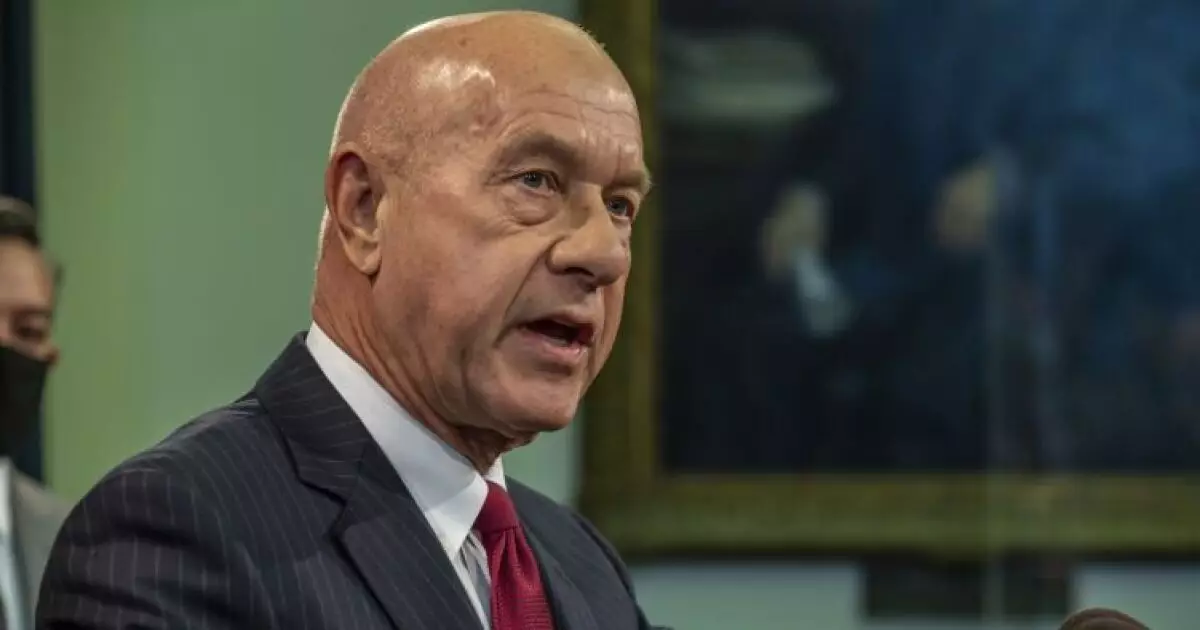The recent investor conference hosted by Houston Controller Chris Hollins unfolded under a cloud of political controversy, culminating in the notable absence of important city officials. The friction surfaced following concerns raised by Mayor John Whitmire, who demanded scrutiny over potential conflicts of interest stemming from corporate sponsorships linked to the event. The mayor’s apprehensions resonate with broader issues of accountability in municipal dealings, prompting calls for an inquiry into the financial underpinnings of public events.
In response to the mayor’s allegations, Controller Hollins asserted his belief that corporate sponsorships are not inherently unlawful, insisting on the necessity for equitable rules governing all fundraising endeavors within the city administration. Hollins has emerged as a vocal critic of the mayor’s stance, inviting the Houston inspector general to extend the examination to the sponsorship arrangements for the Mayor’s upcoming State of the City address. This back-and-forth not only highlights differing viewpoints regarding ethical fundraising practices but also underlines the contentious nature of their professional relationship.
The financial landscape surrounding the investor conference reveals a significant investment from various sponsors, including banks and a law firm, contributing sums ranging up to $50,000. These funds are directed towards the Houston Forward Fund, a non-profit entity, allowing for the potential for community-driven projects. In contrast, the mayor’s address boasts over 70 sponsors, intensifying scrutiny on the contrasting handling of public fundraising efforts. This dichotomy in sponsorship models raises essential questions about transparency and the governance of such financial arrangements.
Mayor Whitmire’s public relations strategy included remarks regarding prior investor conferences, noting that previous iterations did not engage corporate sponsorships. He relayed concerns about compliance with Securities and Exchange Commission guidelines as justification for the investigation. As he articulated his perspective that Hollins’s efforts to solicit significant sums for private meetings warranted further examination, it’s clear the mayor sees this as a serious ethical breach rather than a mere difference in fundraising style. Hollins, for his part, maintains that the mechanisms used for both events are fundamentally similar, with the primary distinction resting on the allocation of proceeds.
This unfolding drama not only represents a clash of personalities—between Hollins and Whitmire—but also exposes underlying structural issues within Houston’s governance, particularly regarding budgetary constraints and financial management. The investor conference itself, which attracted a respectable number of attendees and featured compelling discussions about Houston’s investment opportunities, appeared to thrive despite the mayor’s absence. This resilience suggests that, while political relationships are crucial, the professional community’s commitment to Houston’s economic growth remains steadfast.
As the mayor and the controller navigate their differences, the implications of this controversy extend beyond individual interactions; they cast a spotlight on the importance of ethics in civic leadership and the necessity for transparent operations in public affairs. The outcome of these investigations and the resolution of their ongoing disputes may very well shape the future landscape of Houston’s municipal policies.


Leave a Reply